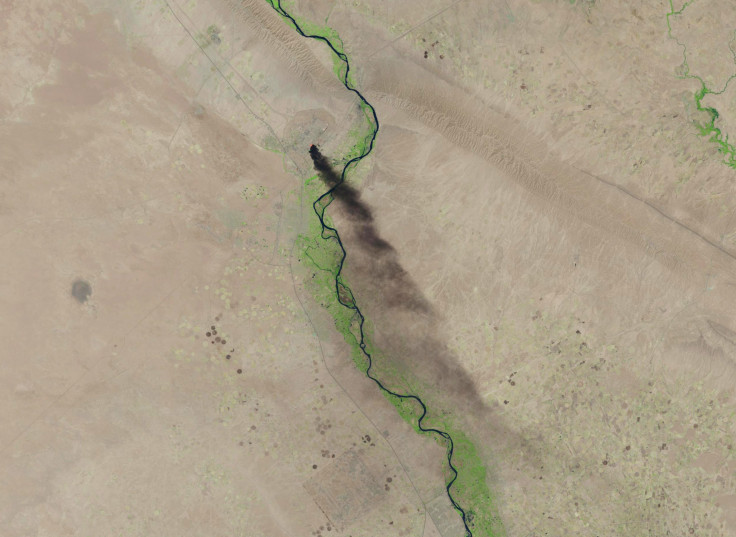Obama Commits 300 US Military Advisers To Iraq, But Says 'American Forces Will Not Return To Combat'

U.S. President Barack Obama said Thursday that he is sending about 300 military advisers to Iraq as the country battles al-Qaeda offshoot the Islamic State of Iraq and Syria.
"American forces will not return to combat in Iraq," the president told a press conference, adding that "going forward, we will be prepared to take targeted and precise military action" if and when intelligence on the ground requires it. Obama, who said the deployment of 300 was a "a modest residual force" composed of "military advisers," said the military personnel will be supporting Iraqi security forces in their fight against ISIS.
Obama did not address an Associated Press report that 100 U.S. Special Forces troops would be headed to Iraq. It's unclear whether those 100 Green Berets are part of the 300 figure cited by the president.
The president reiterated what he said last week: that there needs to be a political solution to end the violence in Iraq. Obama added that the U.S. won't take the side of one group at the expense of another, referring to the divisions between Sunnis, Shiites and Kurds in Iraq. ISIS is comprised of Sunni militants while Iraqi Prime Minister Nouri al-Maliki's government is dominated by Shiites. Meanwhile, the Kurds maintain a level of autonomy in the northern portion of the country.
Obama also called on the Iraqi parliament to convene "as soon as possible."
"It's not the place for the United States to choose Iraq's leaders," he said, although he said politicians with an "inclusive agenda" are the only ones who can stabilize Iraq. "Iraqi leaders must come up with a political plan for Iraq's future."
Along with the 300 troops, Obama said the U.S. would also be "significantly increasing intelligence, surveillance and reconnaissance assets in Iraq," to better monitor ISIS' movements.
ISIS "poses a threat to the Iraqi people, to the region and to U.S. interests," he said.
© Copyright IBTimes 2025. All rights reserved.






















